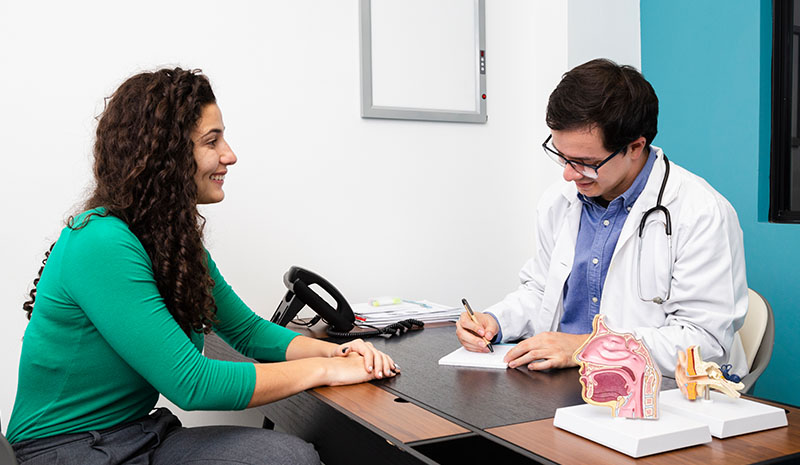- Flotection
Flotection
Flotection
Men’s Guide to Menstrual Health: What Every Man Needs to Know
- Home
- Blog Details

Men’s Guide to Menstrual Health: What Every Man Needs to Know
Introduction
Menstrual health is not just a subject for women. As partners, family members, or friends, menhave a pivotal role in supporting the women in their lives. Understanding menstrual health cantransform relationships and build a supportive environment. Here’s what every man should know.
Basic Understanding of Menstrual Health
Menstrual health refers to the physical, mental, and social well-being of a woman. Not just the absence of disease or disorders related to the menstrual cycle. Understanding it involves knowing about:
– The Menstrual Cycle: Typically lasting between 24 and 38 days, the menstrual cycle includes several phases associated with physical and hormonal changes.
– Common Symptoms: Beyond just bleeding, symptoms can include cramping, bloating, mood swings, and more.
– Impact on Daily Life: These symptoms can affect a woman’s daily activities, emotional state, and energy levels.
Why Men Should Care
1. Enhancing Relationships: Awareness and understanding can lead to greater empathy, patience, and support, enhancing relationship dynamics.
2. Promoting Health: Knowledge of menstrual health can help men support women in their lives in maintaining or seeking care for menstrual health issues.
3. Breaking Stigmas: Educated men can help challenge and change societal stigmas
surrounding menstrual health.
Practical Tips for Men
– Educate Yourself: Read articles, watch documentaries, and talk to healthcare providers about menstrual health.
– Communicate Openly: Engage in open and honest discussions with your partner about their experiences and needs.
– Be Supportive Aid: From offering a heating pad to understanding when space is needed, small acts of kindness can make a big difference.
Conclusion
Men’s involvement in menstrual health matters. By educating themselves and actively
supporting the women in their lives, men can contribute to healthier, more supportive
relationships and a more inclusive society. Remember, knowledge is not just power—it’s also an act of love and respect.



